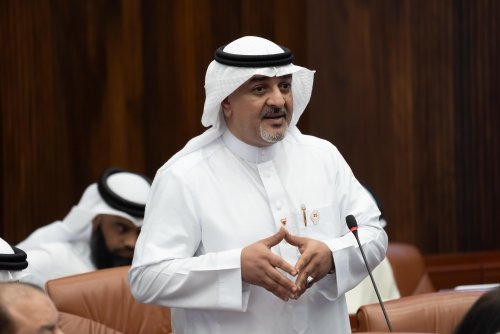Bahrain’s recent decision to grant government employees three days of paid paternity leave has sparked a significant conversation. This decision supports fathers in balancing work and family life during the crucial early days after childbirth. By offering this leave, the government acknowledges the importance of family stability and emotional support for both the mother and child.
The new paternity leave policy comes at a time when work-life balance is a growing concern worldwide. Employees often struggle to juggle professional responsibilities and family commitments, especially during the first few days of a child’s life. Offering fathers this time off ensures they can be present without worrying about lost income.
While this policy represents a positive move for family welfare, it also raises questions about its potential impact on productivity. Supporters argue that the leave improves employees’ mental health and job satisfaction. This, in turn, could enhance overall productivity when they return to work. Giving fathers this time off helps them recharge and focus better on their duties.
However, some critics feel that three days of leave may not be enough compared to other countries. In France, fathers are entitled to up to 28 days of leave, with seven mandatory days. Sweden offers up to 480 days of flexible parental leave. In contrast, Bahrain’s three-day leave may not fully meet the needs of modern families, especially when considering multiple births or other family situations.
Comparing Bahrain’s policy with neighboring countries shows varying approaches. The UAE offers three to five days of paid paternity leave. Saudi Arabia provides only one day. Morocco gives fathers 15 days. These differences highlight how policies vary globally, based on cultural, economic, and societal factors.
One challenge for Bahrain is finding the right balance between supporting families and maintaining efficient government operations. Concerns have been raised about too many employees being on leave at the same time. This could disrupt work processes. Some suggest Bahrain could extend the leave or introduce a more gradual implementation to cater to diverse needs.
In conclusion, Bahrain’s three-day paternity leave represents a significant step toward improving family welfare and work-life balance. As more countries implement similar policies, Bahrain could benefit from evaluating international practices. Ultimately, the goal is to create a policy that benefits both employees and government institutions, promoting a healthier and more productive workforce.


